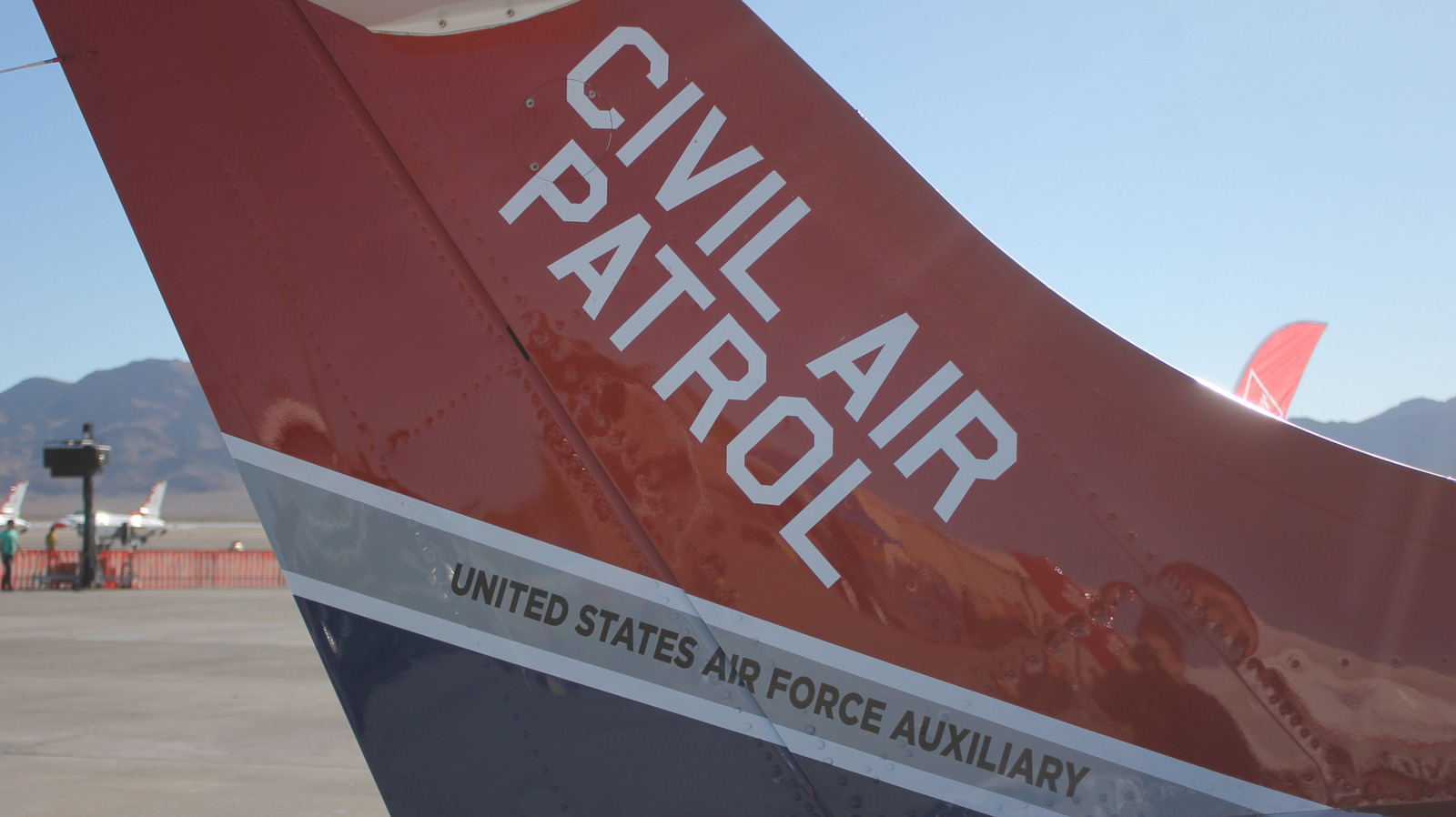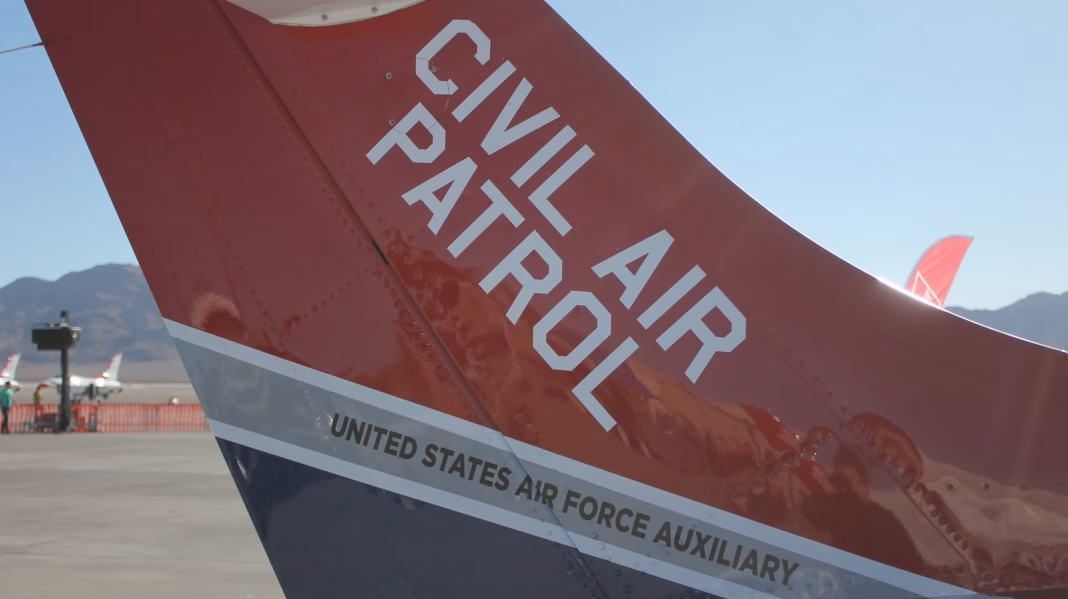What Exactly Is the Civil Air Patrol and Why Does It Matter?
Most folks have heard of the Air Force, maybe even the Space Force, but the Civil Air Patrol? That’s a name that tends to fly under the radar—pun intended. Yet, this organization has quietly shaped American aviation and emergency response for over eight decades. So, what is the Civil Air Patrol (CAP), and why should you care? Let’s dig in.
How Did the Civil Air Patrol Start—And What’s With the Nazi Submarines?
Picture the United States in December 1941. The country had just entered World War II, and German U-boats were lurking off the East Coast, threatening shipping lanes and American lives. The military was stretched thin, and coastal defense needed a boost. Enter the Civil Air Patrol.
A group of civilian pilots, many with their own planes, volunteered to patrol the coastline. Their mission? Spot enemy submarines, report suspicious activity, and even drop makeshift bombs when necessary. It sounds almost cinematic, but it’s true—these volunteers logged over 24 million miles and helped save countless lives and millions in cargo. The CAP’s early days were a blend of grit, innovation, and a bit of wild improvisation. The result? Pure magic for the home front.
What Does the Civil Air Patrol Do Today?
Fast forward to the present, and the CAP is still going strong—just with a slightly different focus. It’s now the official civilian auxiliary of the U.S. Air Force, made up of volunteers from all walks of life. Their three core missions: emergency services, aerospace education, and cadet programs.
Emergency services are where CAP really shines. Think search and rescue operations, disaster relief, and humanitarian aid. When hurricanes hit or hikers go missing, CAP crews are often among the first in the air, coordinating with FEMA and local authorities. According to the National Search and Rescue Plan, CAP is credited with saving an average of 100 lives per year. That’s not just impressive—it’s life-changing for the families involved.
How Does CAP Support Communities in Times of Crisis?
When disaster strikes, the Civil Air Patrol becomes a force multiplier. During the COVID-19 pandemic, CAP volunteers delivered test kits and personal protective equipment to remote areas. After hurricanes, they’ve provided aerial imagery to help emergency managers assess damage and prioritize relief efforts. In 2023 alone, CAP flew over 5,000 hours in support of disaster response missions, according to the organization’s annual report.
It’s not just about flying, either. CAP members help set up communications networks, transport medical supplies, and even assist with ground search teams. Their flexibility and local knowledge make them invaluable in fast-moving situations.
What Opportunities Does CAP Offer for Young People?
If you’re a teenager with dreams of flight or public service, CAP’s cadet program is a golden ticket. Open to youth ages 12 to 18, the program teaches leadership, aerospace science, physical fitness, and character development. Cadets can earn their pilot’s license, attend national flight academies, and even participate in real-world search and rescue missions.
Many alumni go on to careers in aviation, engineering, or the military. But even those who don’t say the experience shaped their confidence and sense of purpose. It’s a rare blend of adventure and responsibility that sticks with you for life.
Why Does the Civil Air Patrol Stay So Quiet?
You won’t see CAP pilots on the nightly news or in blockbuster movies. Part of that is by design—they’re not in it for the spotlight. The organization’s culture is rooted in service, humility, and teamwork. But make no mistake: their impact is real, and their reach is national. With over 60,000 members and a fleet of more than 500 aircraft, CAP is the largest fleet of single-engine piston aircraft in the world, according to the Federal Aviation Administration.
How Can You Get Involved or Support the Civil Air Patrol?
Maybe you’re inspired to join, or maybe you just want to support the mission. CAP welcomes adults as well as youth, and there are roles for pilots, ground team members, educators, and more. Even if you’re not ready to sign up, spreading the word or donating can make a real difference. The organization relies on a mix of federal funding and private support to keep its operations running smoothly.
The big takeaway? The Civil Air Patrol isn’t about perfection—it’s about smarter adjustments. Start with one change this week—maybe learning more, volunteering, or sharing their story—and you’ll likely spot the difference by month’s end. Sometimes, the quietest forces make the loudest impact.


